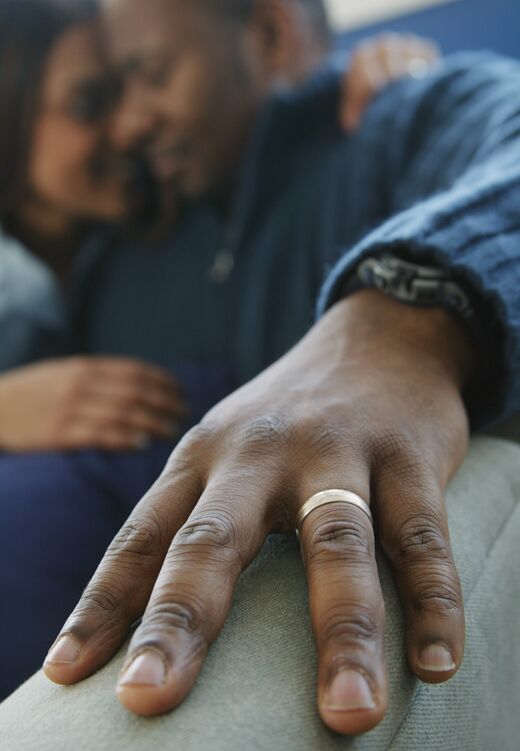
Marriage Is Good for Men, Study Indicates
Marriage is good for you, especially if you are a man. This is the finding of a comprehensive study released by Statistics Canada in late May. It appears that those who think of marriage as the “ball and chain” are in the statistical minority.
The longitudinal study, a long-term comprehensive look at the quality of life for married men versus unmarried men, found that a marriage breakup creates a disproportionate risk of depression for men. Divorce or separation was found to increase the chances of a man suffering depression within the next two years by a factor of six. In contrast, the odds for women experiencing a bout of depression increased three-fold. Even when external factors were taken into account, including “income, presence of children, self-reported ‘social support,’ employment status, education, age [and] prior history of depression,” the National Post (Canada) report on the study said men still “came out slightly worse off, with a relative depression risk of 3.3 compared to women’s 2.4. This may serve to confirm one of the strongest overall findings in contemporary social science: namely, that marriage has a myriad of core mental and physical health benefits for men in particular” (May 25).
The Post article publishing the research added that one American study found that married men live longer than singles by a wide margin, and have a suicide rate equal to half of that among never-marrieds and one third that of divorcees.
The Post reported that its editorial board received the Statistics Canada study “with a distinct lack of surprise.” According to the article, the board’s married men said that their “daily lives would go straight to the gutter almost immediately without a woman in the house to keep their worst bachelor tendencies (junk food, late-night roistering, video games, ‘adult’ diversions, etc.) in check, and the single men quietly acknowledged that they do, in fact, more or less live [an unpleasant life] already” (ibid.). The article’s commentary continued:
Men, left alone, take worse care of themselves. They drink more and exercise less; they visit the doctor for checkups less often; they have no immediate help on hand if they get meningitis or fall off a roof; and if they do need hospital care, there may be no one to advocate for them amongst busy doctors and nurses.
Statistically, entertainment media husbands are miserable, while philandering single men live the good life. But that is an inversion of reality. In the real world, it is married men who live the good life—and that’s a fact.



